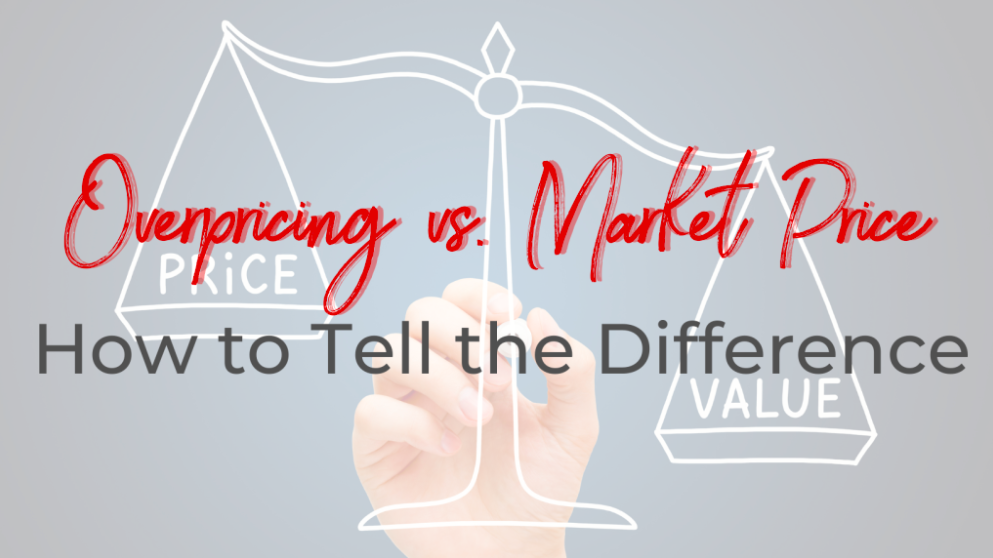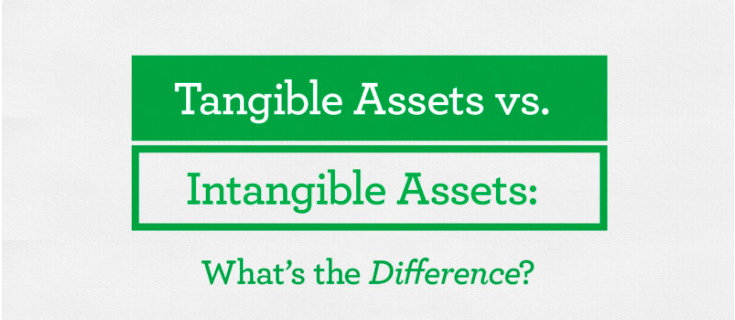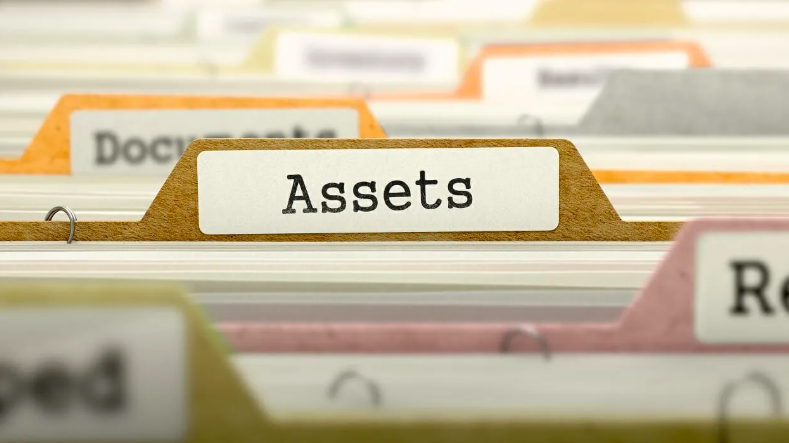
How to Know If a Property Is Overpriced: What the Valuation Tells You
When buying property—especially in competitive markets—it can be tempting to rely on your instincts or assume that a high price means high value. However, without a professional valuation, you might end up overpaying for a property that isn’t worth its listing price.
This article explains how a property valuation helps you identify whether a property is overpriced and why it's a critical tool for buyers and investors alike.
What Does “Overpriced” Mean in Real Estate?
A property is said to be overpriced when its asking or listing price exceeds its market value—the amount a willing buyer would pay and a willing seller would accept in an open and competitive market.
An overpriced property may:
Stay unsold for longer periods
Mislead buyers about the true worth of the asset
Lead to poor investment returns
How Valuation Helps Spot an Overpriced Property
A professional valuation examines several objective factors to estimate a property’s fair market value. Here’s what valuers look at:
1. Comparable Sales (The “Comps” Approach)
Valuers compare the property with recently sold properties of similar size, condition, and location. If the asking price is much higher than comparable sales, it's a red flag.
2. Location and Accessibility
Even if a house is beautiful, its value can be significantly affected by:
Poor road networks
Distance from essential services
Insecurity in the area
A valuation factors this in, while sellers might try to justify a high price based on the building quality alone.
3. Property Condition and Age
A modern, well-maintained home will fetch more value than one requiring renovations. If a seller is quoting a premium price for a property that needs repairs or upgrades, it could be considered overpriced.
4. Market Trends
Valuers also analyze the broader property market. If the local market is currently experiencing price corrections or slow demand, the valuation may reveal that the property is priced above current trends.
5. Rental Potential
For investment properties, valuation looks at how much rental income the property can generate. If the expected rental yield is significantly lower than similar properties, the high asking price might not be justified.
Other Signs a Property Might Be Overpriced
It has been on the market for a long time with no serious offers
The seller refuses to negotiate or provide valuation documents
Similar homes in the neighborhood are going for much less
What Buyers Should Do
Always request a valuation report before committing to a purchase.
Engage a certified Estate Surveyor and Valuer to conduct an independent assessment.
Compare with similar listings but focus on properties with verified values.
Use valuation as a bargaining tool to negotiate a fairer price.
Conclusion
Buying property is a major investment—don’t go in blind. A professional valuation gives you the confidence to spot an overpriced property and negotiate better, or walk away from a bad deal altogether. In a market where pricing can be emotional or speculative, valuation grounds you in reality.

 April 23, 2025
April 23, 2025



